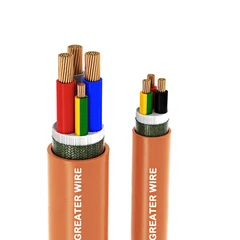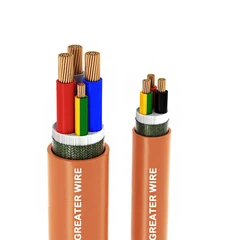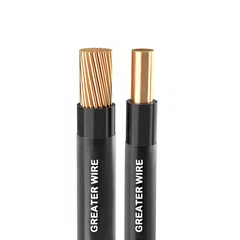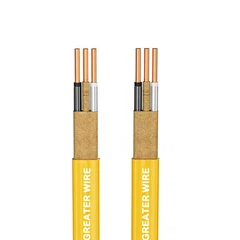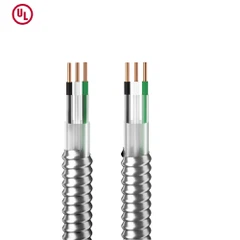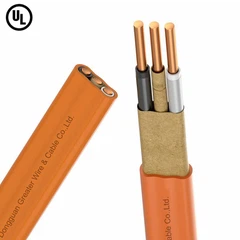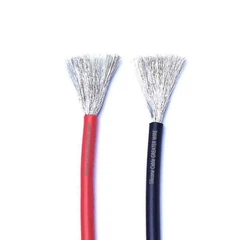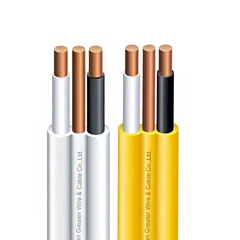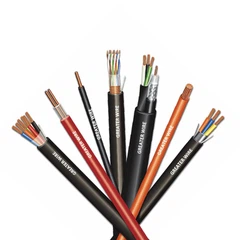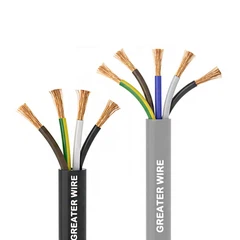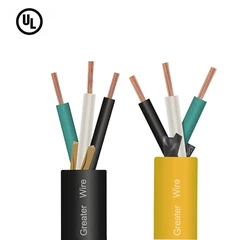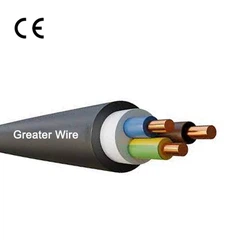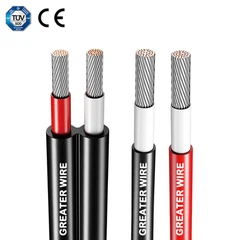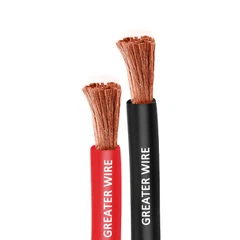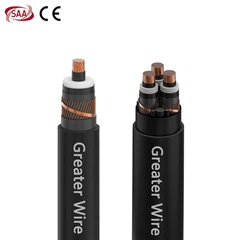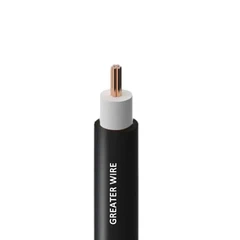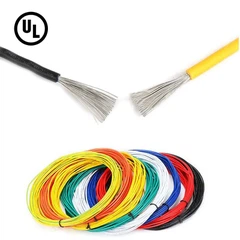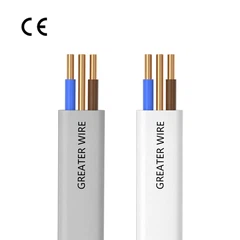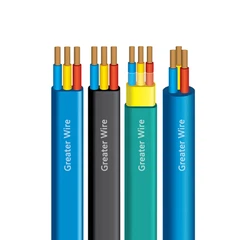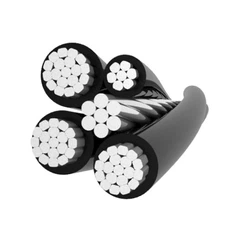What is THHN wire?
THHN wire stands for Thermoplastic High Heat-resistant Nylon-coated wire, which has several unique properties: the ability to withstand high temperatures, abrasion resistance, corrosion resistance, and durable nylon coating. THHN wire is commonly used in building electrical systems, with the main purpose of providing stable power transmission, especially in environments with large temperature fluctuations.
Requirements for automotive electrical systems
Unlike building electrical systems, automotive electrical systems face a more complex and demanding use environment. Automotive electrical systems must withstand extreme temperature fluctuations, moisture, vibration, oil pollution, and chemical corrosion. Therefore, the wires used in automobiles need to have the following characteristics:
High temperature resistance: On-board wires need to be able to operate in a high-temperature engine compartment without being damaged by overheating.
Moisture resistance: Due to the external environment (such as rain, water accumulation, etc.), the wires must have strong waterproof and moisture resistance.
Oil resistance: During vehicle operation, chemicals such as oil, engine oil, and fuel may contact the wires, so the wires must be able to resist the invasion of these corrosive substances.
Vibration and wear resistance: Frequent vibrations occur during driving, and the wires need to be able to withstand these physical shocks while avoiding wear due to friction.
Compatibility of THHN cable with automotive electrical systems
High temperature resistance
THHN cable are designed to withstand high temperatures, up to 90°C ambient temperature. However, inside the car, especially in high-temperature areas such as the engine compartment, the temperature can sometimes be much higher than this standard. Although THHN wires have good temperature resistance, they are not specifically optimized for extreme temperature fluctuations such as automobiles, so long-term use in high-temperature environments may cause the insulation layer to degrade.
Corrosion and moisture resistance
THHN wires are coated with nylon on the outside, which makes them somewhat corrosion-resistant. However, cars are often exposed to humid environments, especially corrosive moisture from rain, snow, or salt on the road. The nylon coating has relatively weak moisture resistance, and long-term exposure to moisture or water may cause the insulation of the wire to deteriorate or even short-circuit.
Oil and chemical corrosion resistance
During the driving process of the car, oil, brake fluid, fuel and other substances often come into contact with the wires, and the nylon coating of the THHN wire is not designed to be oil-resistant and is easily corroded by oil or chemicals. This makes the THHN wire not as oil-resistant as other special wires in automotive applications.
Vibration and wear resistance
During the driving process of the car, the wires are often in an environment of vibration and friction. The outer layer of the THHN wire is a nylon coating. Although it has a certain wear resistance, its flexibility is not enough to cope with the frequent vibration and friction in the car. Under long-term use, the wire may lose its protective effect due to wear or cracking of the outer coating.
Comparison with special automotive wires
Compared with THHN electrical wire, automotive electrical systems usually use wires designed for automobiles such as GPT, GXL, TXL, etc. These wires have stronger flexibility, high temperature resistance, oil resistance, water resistance and vibration resistance, and can better meet the needs of automotive electrical systems.
GPT wire: Suitable for environments with a temperature range of -40°C to +85°C, with good flexibility and durability, especially suitable for wiring inside and outside the car.
GXL wire: This wire is specially designed for high-temperature areas such as the engine compartment of the car, with a temperature resistance of up to 125°C, and has strong shock resistance and abrasion resistance.
TXL wire: TXL wire is relatively light and soft, can withstand high temperatures and mechanical stress, and is suitable for the electrical system in the vehicle, especially for the layout of complex lines.
Is THHN wire suitable for automotive use?
Although THHN wire performs well in building electrical and industrial applications, it is not suitable for automotive electrical systems. The main reason is its lack of oil resistance, vibration resistance and moisture resistance. In environments such as high temperature, vibration and oil pollution, the performance of THHN wire may be affected, resulting in wire aging, insulation damage, and even electrical failure.
Therefore, in automotive electrical systems, we recommend choosing wire types designed specifically for automobiles, such as GPT, GXL, TXL, etc. These wires can not only meet the harsh working environment of the car, but also ensure the stability and safety of the electrical system.

